Half-yearly results − Bank Frick offsets rising costs with healthy growth
Liechtenstein-based Bank Frick & Co. AG has met the targets set for the first half of 2017. Over the first six months, it generated a profit of CHF 2.7 million, which is 26.9% higher compared to the 2016 semi-annual results. Bank Frick posted healthy growth in all strategic business areas.
Interest income rose by 17% to CHF 9 million. One of the factors driving this increase was the strategic expansion of the working capital financing business, where margins are higher than in mortgage lending. Bank Frick focuses on offering working capital financing together with its partner company Masterpayment AG.
Bank Frick cut the interest costs to CHF 2 million, which represents a reduction of 14.8%. The Bank was able to increase the interest margins and is less dependent on refinancing. One of the reasons for this was the long-term high-yield certificates which expired during the reporting period.
In the commission and service operations business, Bank Frick generated a net income of CHF 3.9 million (+2.9%). Earnings fell by CHF 0.9 million. This is the result of, among others, the expiry of credit models previously offered in the UK. Bank Frick was also able to significantly cut costs by CHF 1 million, meaning that net income was slightly higher than in the comparative period.
Considerable potential in the area of financial operations
Profit from financial operations fell by half to CHF 0.8 million. The result from the first half of 2016 should essentially be viewed as a unique success, which was mainly driven by the then turbulence on the currency markets (i.e. Brexit). In addition, the financial profit for the first half of 2017 contained one-time expenses in the area of negative value adjustments on financial investments, which also impacted profits. “In principle, however, we believe there to be considerable potential in the area of financial operations,” says Bank Frick CEO Edi Wögerer.
Despite significant investments, general administrative expenses were only 2.8% higher at CHF 8.7 million. This rise was caused by additional costs for personnel and non-personnel expenses.
Growth drivers: e-business, funds and issues
“In summary, it can be said that the traditional business areas are tending to stagnate somewhat,” Mr. Wögerer explains. “Our growth is being driven by e-business as well as our funds and issues business.”
Other operating income amounted to CHF 0.7 million, which is in line with expectations. The extremely good result from the first half of 2016 was caused by two extraordinary items: the disposal of shares in Visa Europe and the sale of the working capital financing company Masterpayment AG to Net 1 UEPS Technologies, Inc. (Net1).
No provisions were made for general banking risks in the first half of 2017.
Expiry of LDF leads to expected asset outflows
The balance sheet total of Bank Frick amounts to CHF 990 million. This represents a decrease of 9.2% compared to the end of 2016. This decline is largely due to asset outflows in relation to the Liechtenstein Disclosure Facility (LDF) with the UK. The LDF allowed persons who are liable to tax in the UK to legalise untaxed assets via Liechtenstein at favourable conditions. The program expired at the end of 2015.
Over the last six months, Bank Frick expanded the mortgage lending to CHF 108 million (+22%). “This has allowed us to diversify our business into less risky areas in line with our strategy,” explains Edi Wögerer.
Net1 acquires stake in Bank Frick
Bank Frick is continuing to focus its strategy on digitalised business models, which it is developing for and with third-party companies (fintechs).
Bank Frick entered into a close strategic partnership with Net1 in 2016. At the end of January, the Bank announced that the successful cooperation between Net1 and Bank Frick has now led to the international provider of payment systems acquiring a stake in Bank Frick. The Liechtenstein Financial Market Authority’s qualifying holdings procedure has not yet been completed and approval is yet to be granted.
First cryptocurrency certificate
In the second quarter, Bank Frick developed the first cryptocurrency certificate and launched it at the end of June. This is a private placement. With this certificate, Bank Frick was testing all its internal processes and the stability of our interfaces under real conditions. “Now we are able to give qualified investors the opportunity to participate in the performance of cryptocurrencies in an extremely simple way,” Edi Wögerer explains.
Founder of Bank Frick passes away
On 27 June 2017, Kuno Frick Sr passed away at the age of 78. The founder of Bank Frick had become weak following a major operation and was unable to fight off a serious infection. “From a young company with just four employees in 1998 grew a healthy bank with 78 staff, who continue to further develop the work started by Kuno Frick Sr in the way he would have wanted,” CEO Edi Wögerer says, “thinking entrepreneurially, acting creatively and always being open to new ideas.”
Low-risk and sustainable business relationships
“For more than two years now, we have been focusing on lower-risk business relationships. We have identified existing risks and are working in a targeted manner to reduce them,” Edi Wögerer states. This applies in particular to the private-client business. In order to minimise risk, there is also a clearer focus on core markets and core clients. “The various financial products and our e-business models require specific technical know-how. We have this in-house, which helps us accurately qualify and quantify the intrinsic risks,” Mr. Wögerer adds.
Forgoing opportunistic gains
In the credit card acquiring and issuing business (MasterCard and Visa), Bank Frick only works with partners that have sustainable business models, which helps the bank to reduce risk in this area also.
Bank Frick will forgo – supposedly – opportunistic financial gains in order to strategically minimise the long-term risks and further build upon the Bank’s reputation among its stakeholders.
“In light of our performance to date and the expected figures for the second half of the year, we and our employees are approaching the second half of 2017 with real confidence,” says CEO Edi Wögerer in conclusion.
About Bank Frick
Bank Frick is a family-run Liechtenstein bank with headquarters in Balzers. It was founded in 1998 by Kuno Frick Sr and is currently wholly controlled by the Kuno Frick Family Foundation.
The Bank focuses on private clients, business clients and fund clients, who are supported by specialised departments at Bank Frick.
Bank Frick is the only bank in Liechtenstein with acquiring licences from Visa and MasterCard.
Bank Frick develops tailor-made funds for qualified market players and acts as a custodian bank.
In 2016, the roughly 70 employees generated a profit of CHF 3.2 million and assets under management in the amount of CHF 2.5 billion. As at the end of December 2016, the balance sheet total was CHF 1.1 billion. The capial base stood at CHF 85 million.
Bank Frick operates a branch in London.
Share post
Related Articles
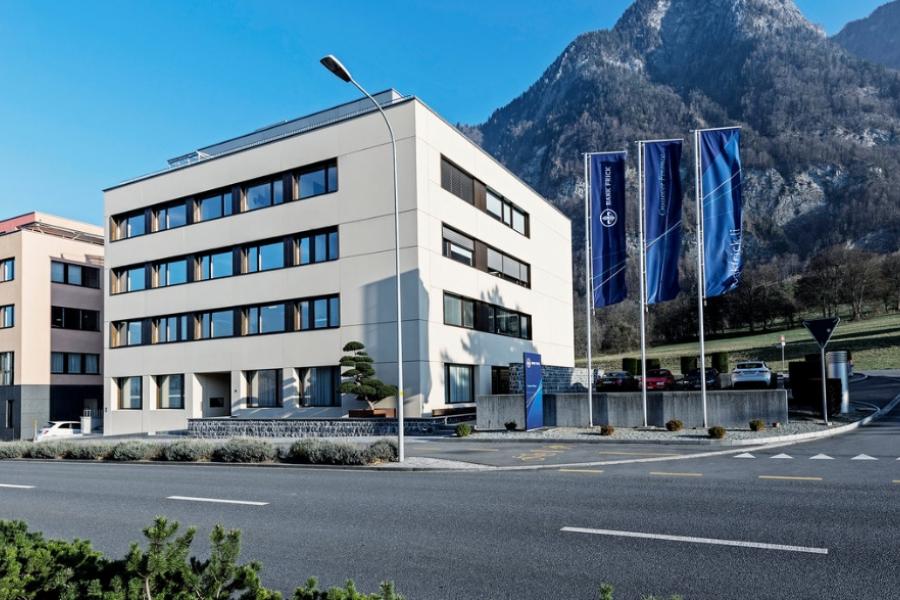
Press release 2023 semi-annual report
Bank Frick generated a net profit of CHF 7.2 million in the first half of 2023 and thus built on the success of the prior financial year. The marked increase in profit, coupled with solid utilisation and good capitalisation, provides us with encouragement for the second half of the year. We therefore anticipate an annual profit in the region of CHF 13 million for 2023.
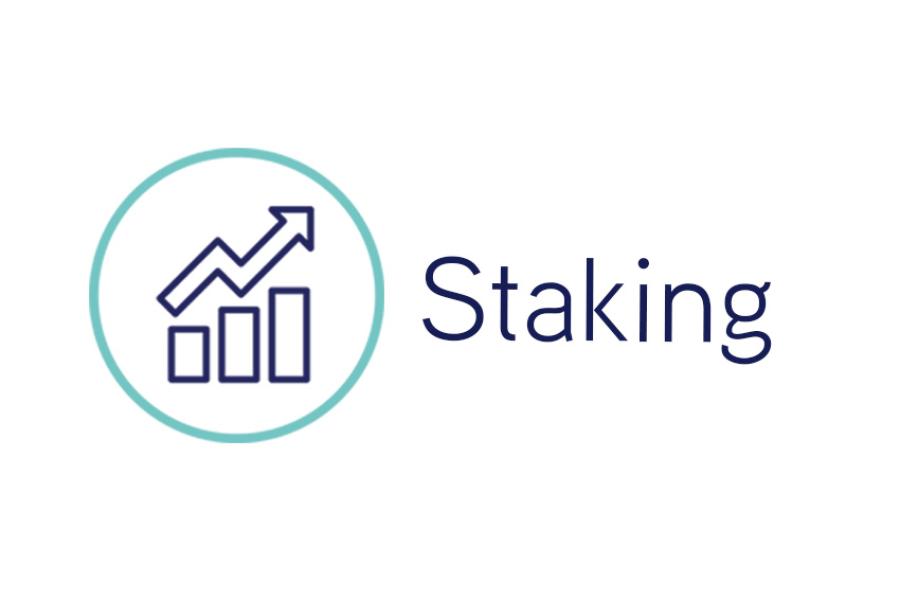
Bank Frick is now offering staking as a service for digital assets
Bank Frick is launching staking as a new service. Staking enables clients to generate passive income by holding their cryptocurrency. Staking also contributes to the stability of networks. As a fully regulated bank, Bank Frick guarantees continuity of business at all times and full control of funds. Initially, the cryptocurrencies Tezos (XTZ) and Polkadot (DOT) will be offered.
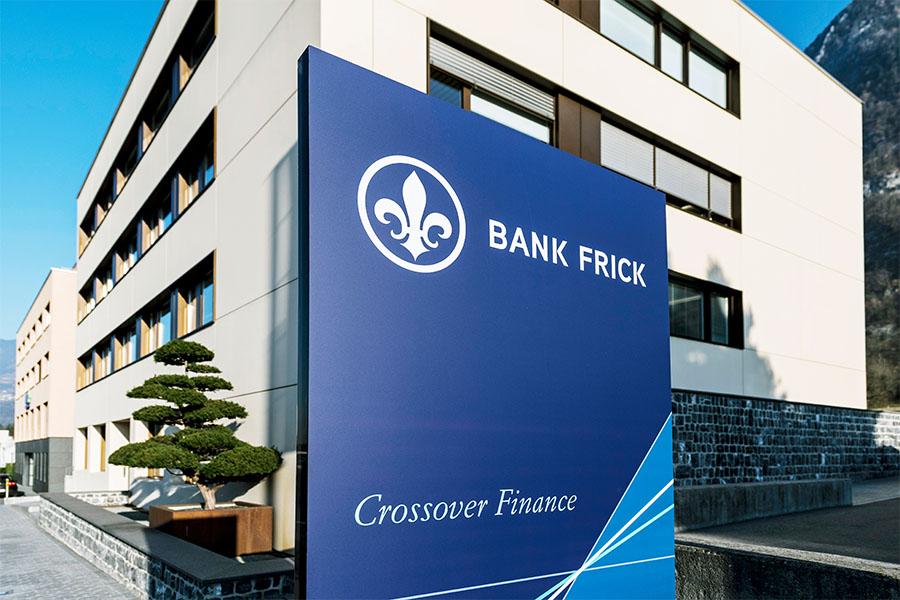
Half-year result: Continuous growth by Bank Frick – despite uncertainties about the global economy
In the first half of 2022, Bank Frick generated a net profit of CHF 5.1 million, with all strategic business segments contributing to this positive result. Despite the currently prevailing uncertainty stemming from the unstable economic situation, Bank Frick succeeded in increasing its profit compared with the first half of 2021. For 2022, the Bank therefore expects an annual profit in the order of CHF 8 million.
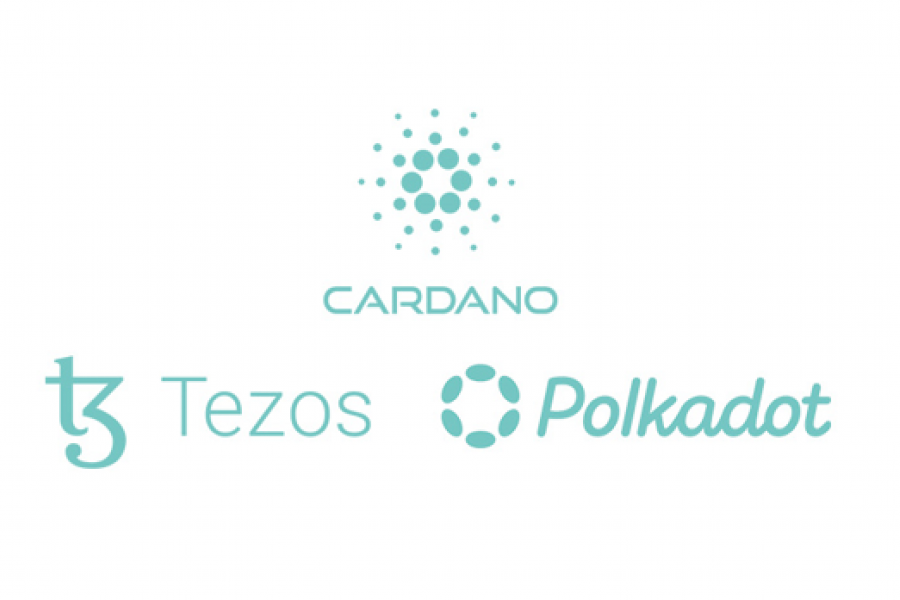
Bank Frick expands its range of crypto assets and now offers trading and custodian services for Cardano, Polkadot and Tezos
Europe’s blockchain pioneer has expanded the range of cryptocurrencies for which it offers trading and custodian services. Bank Frick now offers financial intermediaries and professional clients the option of trading in and secure custody of Cardano (ADA), Polkadot (DOT) and Tezos (XTZ) coins. Trading takes place within the fully regulated environment of the Bank.
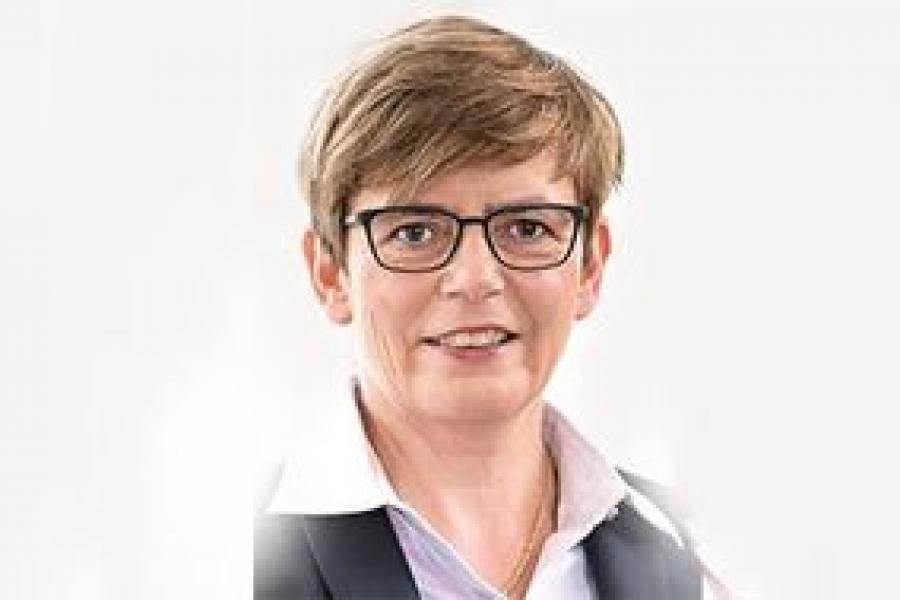
Marianne Müller new on the Board of Directors
The Board of Directors (BoD) of Bank Frick has appointed Marianne Müller as a new member of the Board of Directors effective 1 May 2022. She brings with her great expertise in the areas of regulatory affairs, compliance and financial market supervision.

Annual Report Bank Frick 2021: Annual profit more than doubled
Bank Frick closes 2021 with an excellent annual profit of CHF 9.8 million. Net income increased again and client assets under management also grew in the reporting period. All the business segments contributed to the strong annual result. In order to further improve service to clients and be prepared for the future, resources were created and the front departments reorganised.
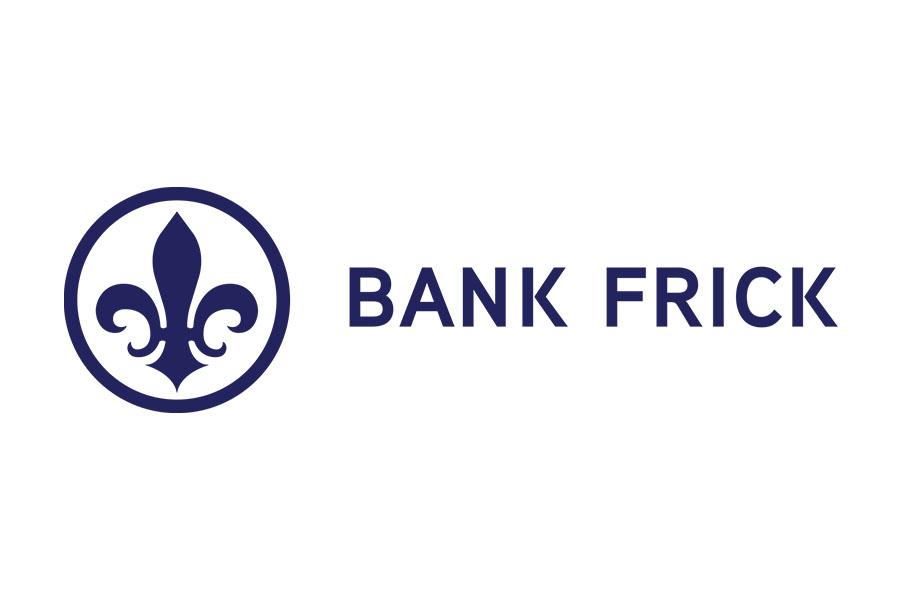
Half-year results of Bank Frick: Budgeted annual result of CHF 3.1 million already achieved
Bank Frick generated a net profit of CHF 3.1 million in the first half-year. All strategic business segments contributed to this long-term result. For 2021, the Bank therefore expects an annual profit in the order of CHF 5 million. Thanks to the successful reorganisation initiative of the departments involving direct client contact, we have been able to pay even closer attention to the client experience.

Bank Frick processes donations in the form of cryptocurrencies
Bank Frick now processes donations in the form of cryptocurrencies for the Swiss section of the human rights organisation Amnesty International (Amnesty Switzerland). Bank Frick has developed a set-up that enables the reliable, regulatory compliant and secure acceptance of crypto donations. This model is suitable for all NGOs to carefully check the origin of crypto donations.

Strategy takes hold, with a steady increase in net income
Despite challenging circumstances, Bank Frick generated a net profit of some CHF 4.4 million. The years-long trend of continuously increasing income was confirmed in all business areas, and the growth in expenses has flattened out. Thanks to the successful strategic orientation of the entrepreneurial Bank, net income has doubled to some CHF 40.0 million in just five years.

Semi-annual results: Bank Frick defies the coronavirus pandemic
The first half of 2020 at Bank Frick was dominated by the global coronavirus pandemic. Despite the prevailing uncertainty and high volatility on the financial markets and the unstable economic situation, the Bank generated a net profit of CHF 1.8 million. Because of the pandemic, Bank Frick cannot rule out the occurrence of credit defaults. In keeping with the principle of prudence, the Bank will create provisions accordingly. As such, Bank Frick anticipates a net income in the range of CHF 1.0 to CHF 2.0 million.